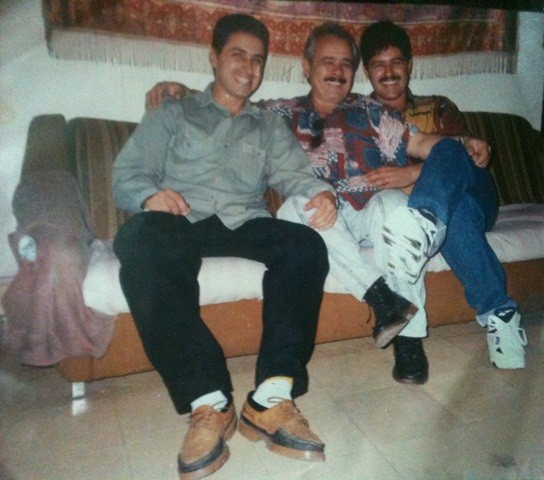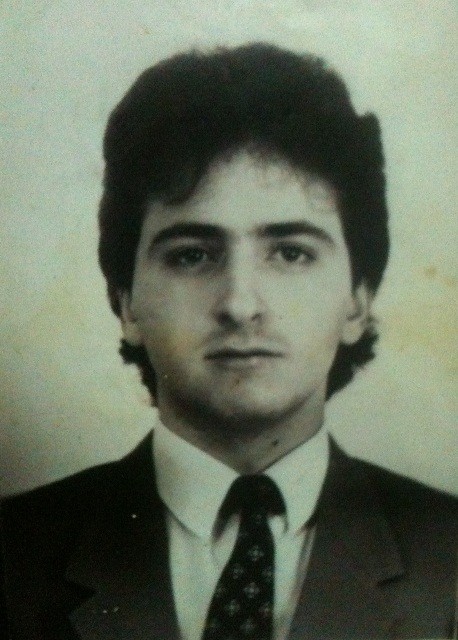
I have lost my little scissors, the ones for cutting fingernails. For a moment I thought the world had ended because here things are very well kept. A lot has to change to find good scissors, especially with the characteristics of the ones I thought I had lost.
I was still talking with a friend on the phone about that matter and Ernesto’s call came. He is the son of Raul Borges Alvarez, a well-known political dissident.
Fifteen years ago he was imprisoned for political reasons. In 1998, being still a captain of counterintelligence and analyst in that department, he collected files with classified information about more than 20 baited agents prepared for international espionage, and he tried to get them to a US official based in Havana.
The story was more or less this: He threw the files into the garden, near the front door. With a pole he managed to ring the bell but the door never opened. He was detained for a few hours, taken to Villa Marista and advised that the penalty was death. But that broke up the Wasp Network and the fact is that Ernesto thinks that is why they did not shoot him.
Five years ago he should have been on parole according to the law. Because the prosecutor recognized the family on the day of the trial as being military and having no criminal background, having been judged by a military tribunal, he would only complete a third of the 30 years to which they sentenced him.
But, although after two hunger strikes last year he received a visit from the Commission to examine his conditional release, he has received no answer. Until a few days ago he was called together with his father and brother to the office of the Combinado del Este prison, where he has spent recent years, and notified that his parole had to keep waiting.
Among the arguments given by the military of Section 21, known also as “confronting counterrevolution,” was that his father Raul Borges Alvarez attended Santa Rita in order to march near the Ladies in White, which is the Movement that most effectivtely works to make visible the situation of Cuban political prisoners, and that continued its “counterrevolutionary” activities. Because father Borges is president of a Christian democratic party.
The second argument brandished to refuse conditional release was that Ernesto Borges had carried out two hunger strikes.
Some few have achieved their liberation with that recourse of the hunger strike, others like Zapata Tamayo and Villar Mendoza (recently, because history has more examples) have died because they have let them die.
Ernesto ends the call reminding me of a quote from The Social Contract, by Rousseau, “When one man is above the law, the rights of others are in danger.” He also tells me that after the second hunger strike, last year, he received a visit from a general, Chief of jails and prisons, who told him that his case was not in his hands but at “the highest management level.” What do you think?

Translated by mlk
6 September 2013
